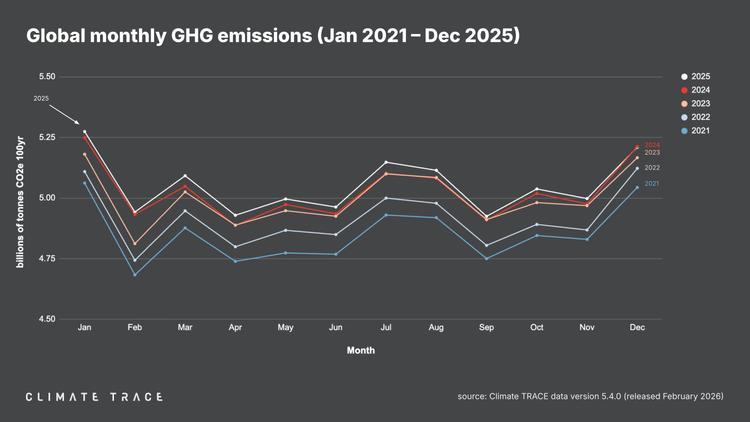Historic motion paves way for fossil fuel phase-out; AI enables oil production ramp-up
IUCN members have just adopted the strongest language on fossil fuels and the climate crisis.

The International Union for Conservation of Nature (IUCN) has adopted a historic motion to examine and address fossil fuel production as the root cause of nature degradation – the same week as a Wood Mackenzie report shows AI can unlock an extra 1 trillion barrels of oil.
The two pieces of news reflect the contradictions many governments are finding themselves in – both recognising the responsibility fossil fuels have in our planet’s multi-crisis and continuing to support them, including through subsidies. They are also a reminder that while AI can support the energy transition, it is also being deployed to enhance oil and gas extraction – a concern raised through a campaign by former Microsoft employees.







